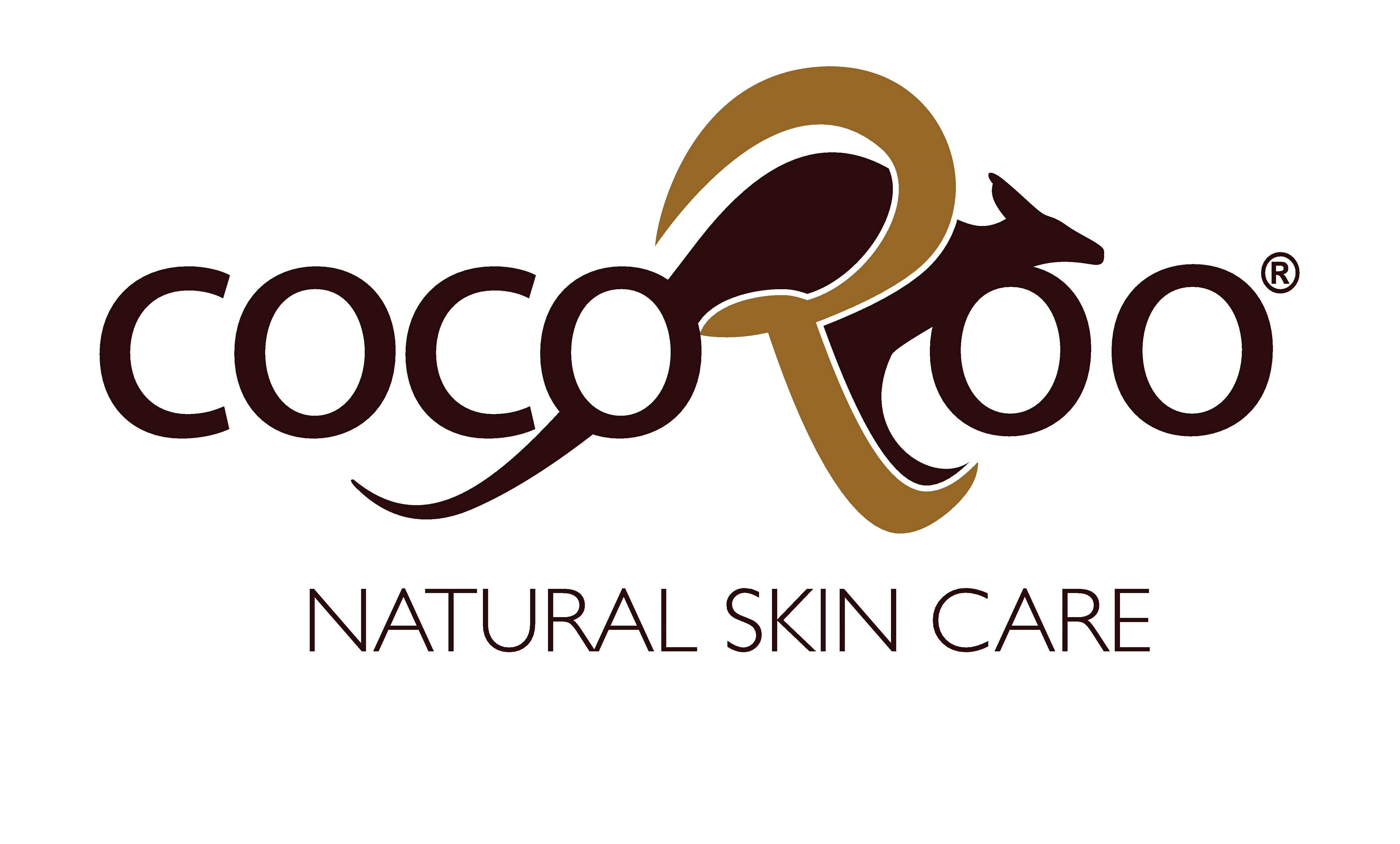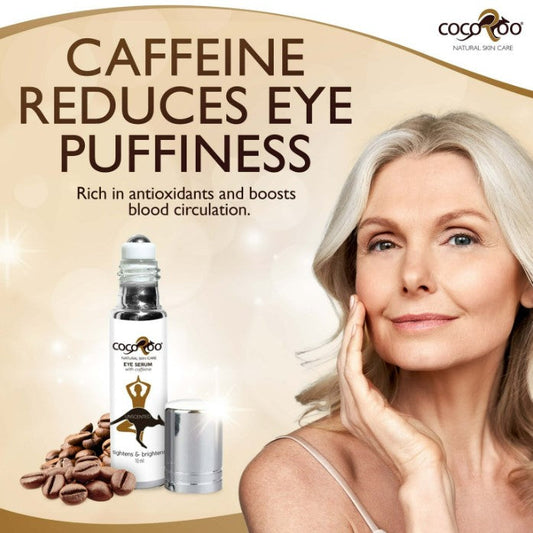With the growing popularity of natural skincare, more and more people are becoming aware of the potential health risks of using chemical-laden products. Unfortunately, the reality is that many of these ordinary chemical based products contain dangerous substances that can damage your health over the long-term.
This blog will focus on the chemicals found in skincare, how they can damage your health, and why natural skincare is becoming increasingly important.
To start, let’s look at just some of the more common chemicals found in skincare products. Many products use parabens to preserve them and keep them from spoiling, while other products use synthetically-derived fragrances to give them a pleasant smell. Both of these substances have been linked to a variety of health issues.
One of the more serious health concerns related to skincare chemicals is their potential to disrupt the natural balance of hormones, including those produced by your endocrine system. This can contribute to a range of issues, including fertility problems, accelerated aging, and a weakened immune system.
Dr. Zein Obagi and Dr. Anna Guy, have both spoken about the potential impact that certain skin care chemicals can have on hormones. Both stress the importance of avoiding skin care and beauty products that contain these types of chemicals.
According to a report published in Harvard Health publication, some of the most commonly used chemicals in skincare products (such as phthalates, parabens, and synthetic fragrances) have been linked to endocrine disruption. In addition to endocrine disruption, many chemicals in skincare have been linked to cancer.
According to a study conducted by the Environmental Working Group (EWG), there are multiple types of cancer that can be linked to the use of cosmetics containing certain chemicals.
For example, parabens have been linked to breast cancer, while ingredients such as formaldehyde and polycyclic aromatic hydrocarbons (PAHs) have been associated with bladder and respiratory cancers, respectively.
Aside from endocrine disruption and increased risk for diseases like cancer, many chemicals found in skincare products can also irritate the skin. This can range from rashes, dryness, or irritation to more serious conditions such as contact dermatitis and eczema. According to dermatologists, some of the most common skin irritants include fragrances, preservatives, and formaldehyde.
With so many potential health risks, it’s important to be aware of what is in your skincare products. Unfortunately, it’s not always easy to identify potentially dangerous chemicals in the ingredients list. This is where natural skincare can be beneficial.
Natural skincare products are derived from botanical sources such as essential oils, plant extracts, and other naturally derived ingredients. This makes it easier to know exactly what’s in the product.
What’s more, recent studies have shown that natural ingredients can be just as effective (if not more so) in promoting skin health. A study published in Phytotherapy Research reported that essential oils such as lemongrass, lavender, and peppermint oil are effective at treating inflammatory skin conditions. In addition to being natural, these ingredients also provide additional benefits such as antioxidant protection and moisturization.
In conclusion, with the growing health and safety concerns surrounding skincare products, it’s becoming increasingly important to be aware of what is in your skincare products. Read the labels. Although not all chemicals are dangerous, many have been linked to serious health issues such as endocrine disruption, increased risk for certain cancers, and skin irritation. Fortunately, natural skincare is becoming increasingly popular as people recognize its safety and efficacy in promoting skin health.
CocoRoo Natural Skin Care was created, the day after the founder Jill Howarth had a miscarriage. "I started to create natural formulas for skin based problems, so others had a choice. At the time there was only one choice; to use your grandma's chemical based brand, that your mom was also using. They just didn't really know yet. I was so disturbed, these brands could do this, I rejected all brands that had participated in that era. They weren't looking out for me and I am changing the way it is done. Those brands don't deserve to survive this natural skin care revolution."
Some major offenders.
1. La Roche-Posay: Micellar Water Cleansing Water, Oxygenating Foaming Cream, Erythema Relief Ingredients: Aqua/Water, Paraffinum Liquidum/Mineral Oil, Paraffin, propylene Glycol, Petrolatum, Glycryl Stearate, Peg-100 Stearate, Parfum/Fragrance, Methylparaben, Propylparaben, Xanthan Gum, Carbomer
2. Neutrogena: Deep Clean Purifying Clay Cleanser and Mask Ingredients: Water, Kaolin, Bentonite, Cetearyl Alcohol, C12-15 Alkyl Lactate, Salicylic Acid, Phenoxyethanol, Methylparaben, Propylparaben
3. Aveeno: Ultra Calming Foaming Cleanser Ingredients: Water, Sodium Lauroamphoacetate, Glycerin, Sodium Trideceth Sulfate, Acrylates/C10-30 Alkyl Acrylate Crosspolymer, Methylparaben, PEG-5 Cocamide, Fragrance, Citric Acid, Propylparaben 4. Olay: Total Effects Foaming Cleanser Ingredients: Water, Dioscorea Villosa (Wild Yam) Root Extract, Sodium Lauroyl Sarcosinate, Lauric Acid, Sodium Laureth Sulfate, Glycol Distearate, Sodium Chloride, Methylparaben, Niacinamide, Sodium Hydroxide, PEG-7 Glyceryl Cocoate, Naringenin, Propylparaben, Citrus Grandis (Grapefruit) Seed Extract
The Big Two of Chemical Skin Care
Estee Lauder: • Estee Lauder DayWear Advanced Multi-Protection Anti-Oxidant Moisturizer SPF 15: Methylparaben, Propylparaben, Ethylparaben, Butylparaben
Estee Lauder Idealist Even Skin Tone Illuminator: Methylparaben, Propylparaben, Ethylparaben
Estee Lauder Re-Nutriv Intensive Age-Renwing Night Creme: Methylparaben, Propylparaben, Ethylparaben
L'Oreal: • L'Oreal Visible Lift Moisture Blur Primer: Methylparaben, Propylparaben
L' Oreal Skin Specialist Moisturizer: Methylparaben, Propylparaben, Ethylparaben
L'Oreal Dermo-Expertise Anti-Wrinkle Day Cream: Methylparaben, Propylparaben, Ethylparaben




